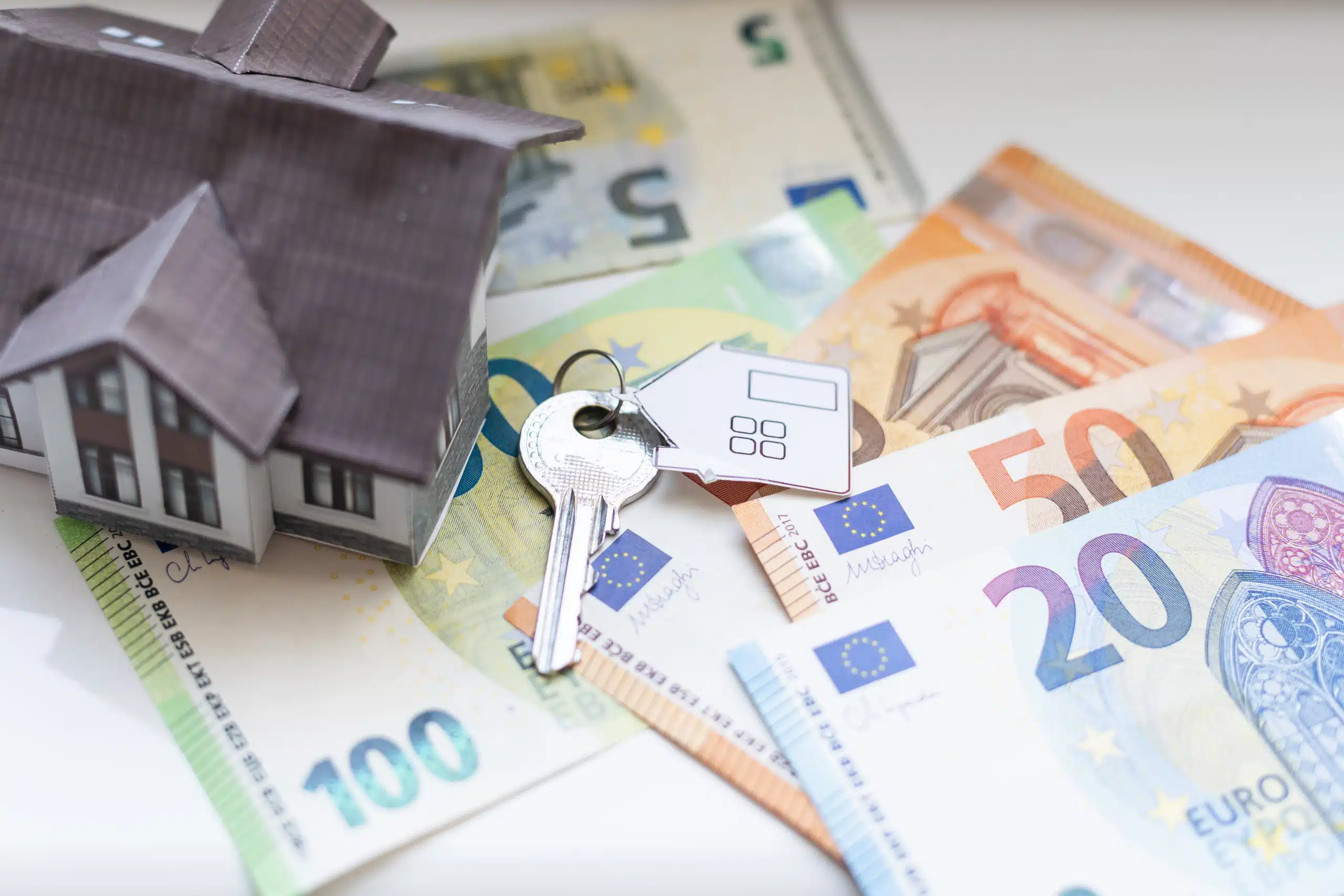looking to buy a home?
Submit this Form and Benefit from our 25 Years' Experience & Strong Local Network.Paying off your mortgage early can be a strategic financial move, but it comes with certain considerations and potential costs. In Spain, one crucial aspect to understand is the early repayment charge. This fee, while an extra cost upfront, can lead to significant long-term savings on interest. In this detailed guide, Realista will give a thorough overview of early repayment charges, how they work, and the factors you need to consider before deciding to pay off your mortgage early.
What is an Early Repayment Charge?
An early repayment charge is a fee imposed by lenders when a borrower repays part or all of their mortgage ahead of the agreed schedule. This fee is designed to compensate the bank for the interest payments they will miss out on due to the early repayment. The conditions for these charges are clearly laid down in Spanish mortgage law, and they can only be applied if the bank can prove it has suffered a financial loss due to the early repayment.
The Spanish mortgage law of 2019 limits the maximum early repayment charge a bank can impose. These limits vary depending on whether the mortgage is variable or fixed.
Variable Mortgages
For variable mortgages, the Early Repayment Charge is structured as follows:
- 0.25% of the repaid amount: If the repayment occurs within the first three years of the loan.
- 0.15% of the repaid amount: If the repayment occurs within the first five years of the loan.
Fixed Mortgages
For fixed mortgages, the fee is capped as follows:
- For repayments within the first ten years, the maximum fee is 2% of the repaid amount.
- The maximum fee for repayments after the first ten years is 1.5% of the repaid amount.
Understanding these limits can help borrowers determine the most cost-effective time to make additional repayments on their mortgage. For your convenience, we have provided some examples below.
Example 1: Repayment on a Variable Mortgage
Consider a scenario where you have a variable mortgage with a remaining balance of €200.000. You decide to repay €50.000 early during the first three years of the loan.
- Early Repayment Charge: 0.25% of €50.000 = €125
- New Mortgage Balance: €200.000 – €50.000 = €150.000
In this case, the fee is €125, but your new mortgage balance is reduced to €150.000. This means the interest on the remaining balance will be recalculated, leading to significant long-term savings.
Example 2: Repayment on a Fixed Mortgage
Consider a fixed mortgage with a remaining balance of €300.000. You decide to repay €10.000 early after the first 10 years.
- Early Repayment Charge: 1.5% of €10.000 = €150
- New Mortgage Balance: €300.000 – €10.000 = €290.000
Here, the fee is €150, but the principal is reduced to €290.000. The interest will be recalculated based on this new balance, resulting in lower interest payments over the remaining term of the loan.
Why Do Banks Impose Early Repayment Fees?
Banks charge this mortgage fee to mitigate the loss of future interest income when a mortgage is paid off ahead of the schedule. Mortgages are structured in such a way that a significant portion of early payments goes towards interest rather than the principal. When you repay early, the bank loses out on this planned interest income.
Despite the fee, early repayment can lead to substantial long-term savings by reducing the total interest paid over the life of the loan. This makes early repayment an attractive option for those looking to minimize their debt and financial obligations.
What are Some Considerations for Early Mortgage Repayment?
While early repayment can offer financial benefits, it’s important to consider your overall financial situation before making additional payments. Here are some strategic considerations:
Liquidity
Ensure you have sufficient liquidity before making a repayment. It’s important to have accessible funds for emergencies or other needs.
Repayment Timing
Calculate the optimal time for repayment based on the Early Repayment Charge limits. Imagine you have a fixed mortgage and want to repay €20.000 early. You could choose to make this repayment either during the first 10 years or after.
- During First 10 Years: 2% of €20.000 = €400
- After 10 Years: 1.5% of €20.000 = €300
By waiting until after the first 10 years, you reduce the fee from €400 to €300, saving €100 and still lowering your principal balance by €20.000. However, you will end up paying more interest if you decide to make early repayment after 10 years.
Financial Goals
Align your repayment strategy with your broader financial goals, such as saving for retirement, children’s education, or other investments.
Interest Rates
Compare your mortgage interest rate with the interest rate of other debts you have taken. Paying off high-interest debt first can be more efficient. This is a suitable option for fixed mortgages as the interest rate in variable mortgages tends to increase a lot. So, it’s better to make an early repayment on variable mortgages.
Is Paying Off Your Mortgage Early Right for You?
Deciding to pay off your mortgage early is a significant financial decision that should be made based on a thorough evaluation of your financial situation and long-term goals. It’s important to assess your liquidity, ensuring that you have enough cash reserves for emergencies and other financial needs. Additionally, consider the potential savings from reduced interest payments over the life of the loan.
While paying off your mortgage early can offer peace of mind and financial freedom by eliminating a major monthly expense, it’s crucial to ensure that this decision aligns with your broader financial objectives. For instance, it might be more beneficial to focus on other financial priorities such as paying off high-interest debt, investing for retirement, or funding educational expenses.
Moreover, consider the opportunity cost of using your funds to pay off your mortgage versus other investments. Therefore, balancing mortgage early repayment with investment opportunities can sometimes lead to greater financial growth in the long run.
Conclusion
Early repayment charges in Spain are designed to compensate banks for lost interest when borrowers repay their mortgages ahead of schedule. While these charges can be an additional cost, they often allow for significant long-term savings by reducing the total interest paid over the life of the loan. Understanding the specifics of these charges and strategically planning your repayments can help you optimize your mortgage and achieve greater financial stability.



